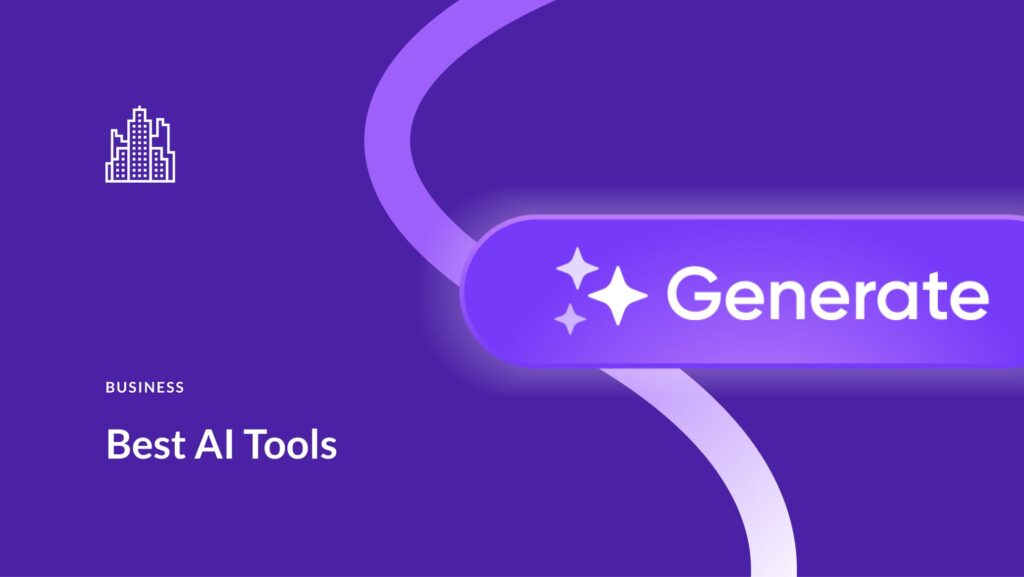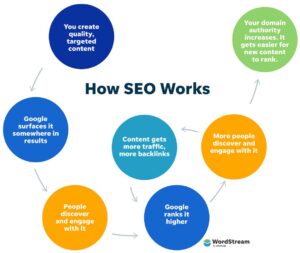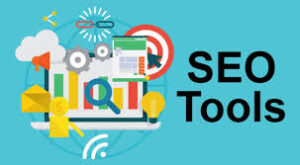
Artificial Intelligence (AI) has rapidly evolved from a theoretical concept to a transformative force across various industries and aspects of daily life. With the development of powerful AI tools, businesses, educators, and individuals can harness data, automate processes, and create new solutions to complex problems. This article explores some of the most impactful AI tools available today, their applications, and the future of AI in our lives.
What Are AI Tools?
AI tools refer to software and applications that leverage artificial intelligence algorithms to perform tasks that typically require human intelligence. These tools can analyze data, recognize patterns, generate content, and make predictions, among other capabilities. The Ai Tools advancement of machine learning, natural language processing (NLP), and computer vision has propelled the creation of these tools, making them more accessible and effective.
Types of AI Tools
1. Natural Language Processing (NLP) Tools
NLP tools enable machines to understand, interpret, and generate human language. They are widely used in chatbots, virtual assistants, and text analysis applications. Notable NLP tools include:
- ChatGPT: An AI conversational agent that can engage in dialogue, answer questions, and assist with tasks in a human-like manner.
- Google Cloud Natural Language API: Analyzes and extracts insights from text, making it useful for sentiment analysis and content categorization.
2. Machine Learning Platforms
These platforms provide frameworks for building and deploying machine learning models. They allow users to input data, train models, and make predictions. Some popular options are:
- TensorFlow: An open-source library developed by Google, widely used for building neural networks and deep learning applications.
- PyTorch: Another open-source framework favored for its dynamic computational graph, making it easier for researchers and developers to experiment.
3. Computer Vision Tools
Computer vision tools enable machines to interpret and understand visual information. These tools are used in a variety of applications, including facial recognition, medical imaging, and autonomous vehicles. Examples include:
- OpenCV: A popular library for computer vision tasks, offering real-time image processing capabilities.
- Amazon Rekognition: A cloud-based service that provides image and video analysis, including object detection and facial analysis.
4. Automation and Robotics Tools
AI-driven automation tools streamline processes by executing repetitive tasks, allowing human workers to focus on more strategic activities. Key examples include:
- UiPath: A leading Robotic Process Automation (RPA) platform that automates routine business processes.
- Blue Prism: Another RPA tool that enables organizations to automate tasks across various applications and systems.
5. Data Analysis and Visualization Tools
AI tools for data analysis help organizations extract meaningful insights from large datasets. These tools can visualize data trends, predict outcomes, and inform decision-making. Popular tools include:
- Tableau: A powerful data visualization tool that integrates AI capabilities for predictive analytics.
- IBM Watson Analytics: An intuitive data analysis tool that uses AI to assist users in finding patterns and insights within their data.
Applications of AI Tools
AI tools have found applications in various sectors, significantly enhancing efficiency and effectiveness.
1. Healthcare
In healthcare, AI tools are revolutionizing diagnostics and patient care. For example, machine learning algorithms analyze medical images to detect conditions like cancer with high accuracy. Additionally, chatbots provide patient support and scheduling assistance, streamlining operations.
2. Finance
In the financial sector, AI tools help with fraud detection, risk management, and algorithmic trading. Machine learning models analyze transaction patterns to identify anomalies, while AI-driven chatbots assist customers with banking inquiries.
3. Education
AI tools in education personalize learning experiences and automate administrative tasks. Intelligent tutoring systems adapt to individual students’ needs, while AI-driven grading systems streamline the assessment process.
4. Marketing and Sales
AI tools optimize marketing strategies by analyzing consumer behavior and predicting trends. Predictive analytics helps businesses tailor campaigns, while chatbots enhance customer engagement by providing instant responses.
The Future of AI Tools
As technology continues to advance, the future of AI tools looks promising. Here are some anticipated trends:
- Increased Integration: AI tools will become more integrated across different platforms and industries, enabling seamless data sharing and enhanced collaboration.
- Ethical AI: As the importance of ethical considerations in AI development grows, tools that prioritize fairness, transparency, and accountability will become essential.
- Personalization: AI will further personalize experiences in various sectors, from tailored healthcare solutions to customized marketing strategies.
Conclusion
AI tools are reshaping how we live and work, offering unprecedented capabilities to analyze data, automate processes, and enhance decision-making. As these tools continue to evolve, they will unlock new opportunities and address complex challenges across industries. Embracing AI tools is not just a trend; it’s a necessity for organizations and individuals aiming to thrive in an increasingly digital world. The future is bright for AI, and those who harness its potential will undoubtedly lead the way in innovation and progress.




